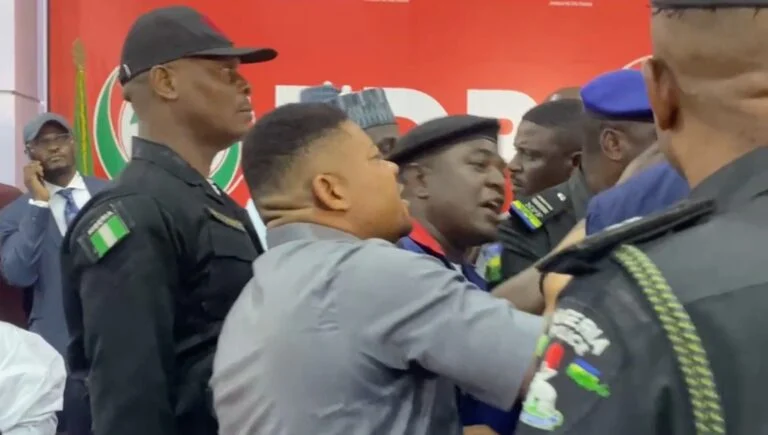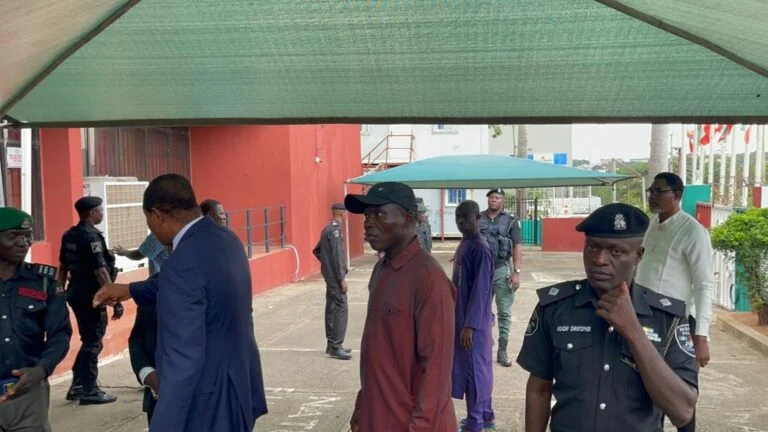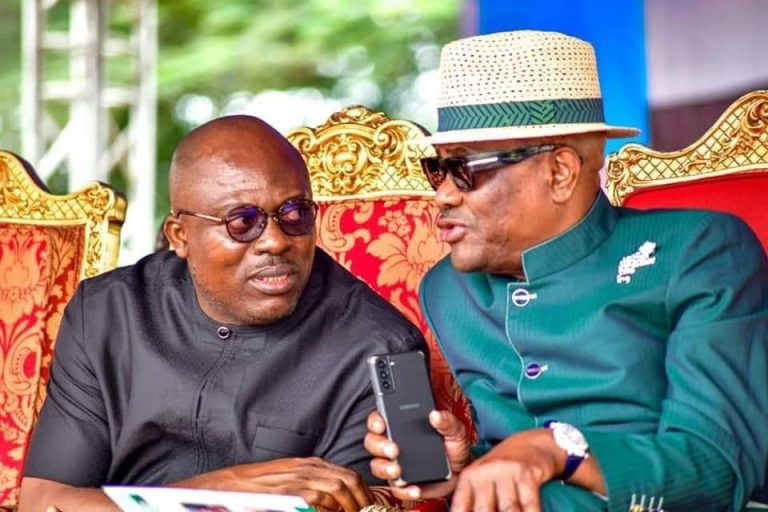Columnist and political commentator Majeed Dahiru has described the resolution of the Rivers State political crisis as a rare victory for a political godfather, asserting that FCT Minister Nyesom Wike has “triumphed” over Governor Siminalayi Fubara, once his political protégé.
“This is a classic case of a hat-trick in football. Wike has emerged victorious. He came out on top, and Fubara has found his level. That game-changer was indeed the declaration of a state of emergency. It was declared—got Fubara to surrender and handed over victory in favour of Wike. So Wike has triumphed,” Dahiru stated during Channels Television’s Sunday Politics.
He argued that the declaration of a state of emergency in the oil-producing state compelled Fubara to concede, resulting in a clear win for Wike. According to him, it’s uncommon in Nigerian politics for a political mentor to outmaneuver a sitting governor they helped into office, citing President Tinubu’s clash with former Lagos governor Ambode as a rare precedent.
Despite the perceived political success, Dahiru questioned the legal justification of the emergency measure. He described it as unconstitutional and illegal, saying it should have been handled in a way that upheld the Nigerian constitution. He maintained that a state of emergency does not permit the removal of a democratically elected government.
The analyst added that neither side in the Fubara-Wike conflict could be considered blameless. He emphasized that both actors belong to the same political circle and that the general public should not take sides in what was essentially an internal disagreement. He argued that “you didn’t vote for Fubara” because campaign resources had been deployed on his behalf, making the votes influenced rather than independent.
Responding to whether it would have been better to remove the governor through impeachment, Dahiru said the political compromise benefited Fubara, but constitutionally, impeachment would have been more appropriate than using a state of emergency as a fallback option.
The analyst’s comments followed a Thursday night meeting at the Presidential Villa, Abuja, involving President Bola Tinubu, Wike, Fubara, and members of the Rivers State Assembly, which resulted in a peace agreement. Following the meeting, Wike confirmed that all parties had agreed to work together, describing them as members of the same political family.
Fubara also addressed his supporters in Port Harcourt on Saturday, declaring that there is no sacrifice too great for peace and that every decision, including his reconciliation with Wike, was made in the interest of the people. He acknowledged the disappointment of some supporters but explained that key stakeholders were consulted before any decision was reached.
In March, Tinubu had suspended Fubara and his deputy, citing insecurity and political unrest in the state. He declared a state of emergency and appointed retired Vice Admiral Ibok-Ete Ibas to temporarily oversee governance using powers granted under Section 305 of the Constitution.
This move drew criticism nationwide, as civil society groups and opposition voices condemned the suspension of a duly elected governor. Tinubu, however, defended the action as necessary for the stability of both Rivers State and Nigeria.
Signs of reconciliation grew over the weekend as Wike, Fubara, and suspended Speaker Martin Amaewhule made a joint appearance at a funeral in Wike’s hometown—their first public outing since the peace deal.

 BIG STORY5 days ago
BIG STORY5 days ago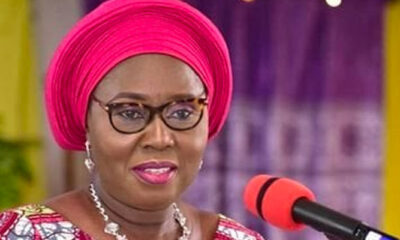
 BIG STORY4 days ago
BIG STORY4 days ago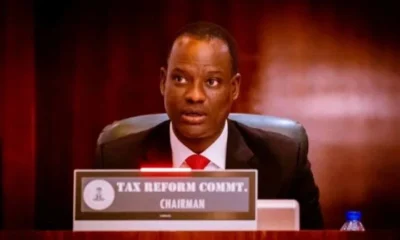
 BIG STORY3 days ago
BIG STORY3 days ago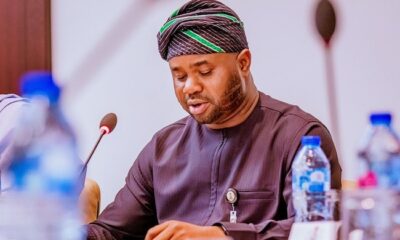
 BIG STORY4 days ago
BIG STORY4 days ago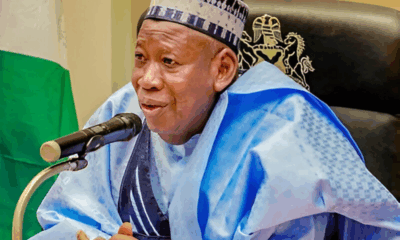
 BIG STORY3 days ago
BIG STORY3 days ago
 BIG STORY4 days ago
BIG STORY4 days ago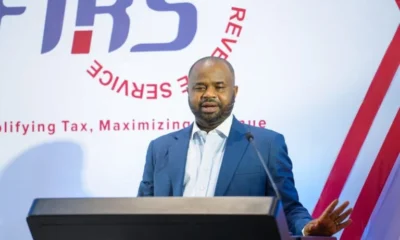
 BIG STORY4 days ago
BIG STORY4 days ago
 BIG STORY3 days ago
BIG STORY3 days ago


















